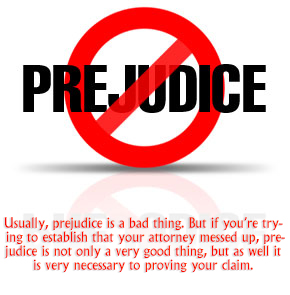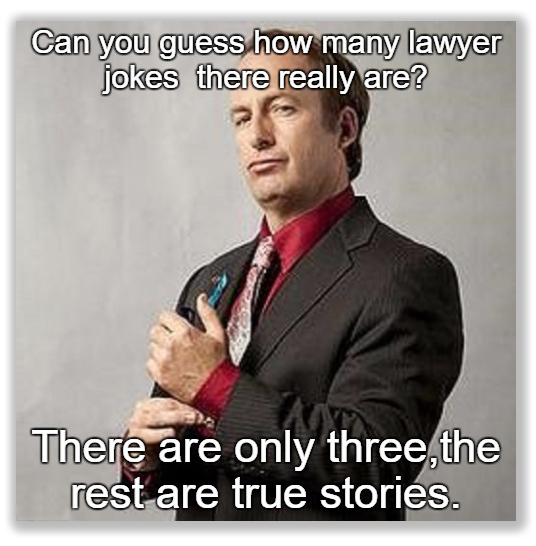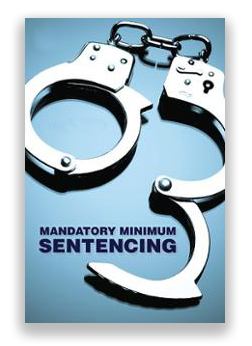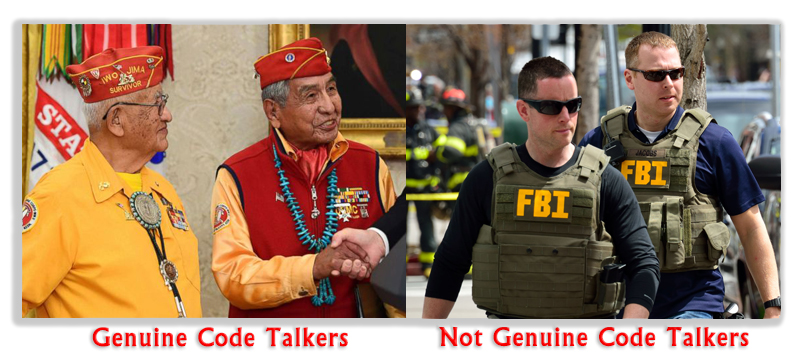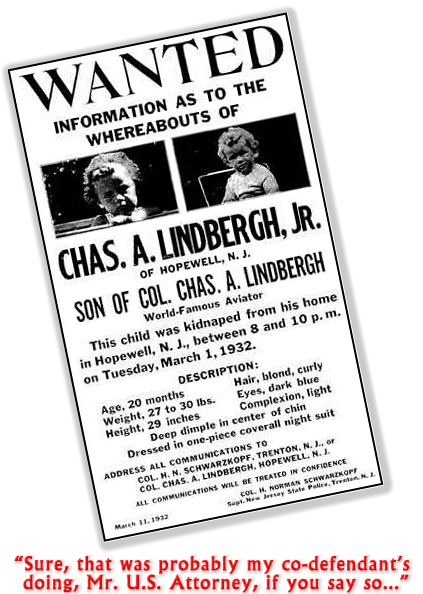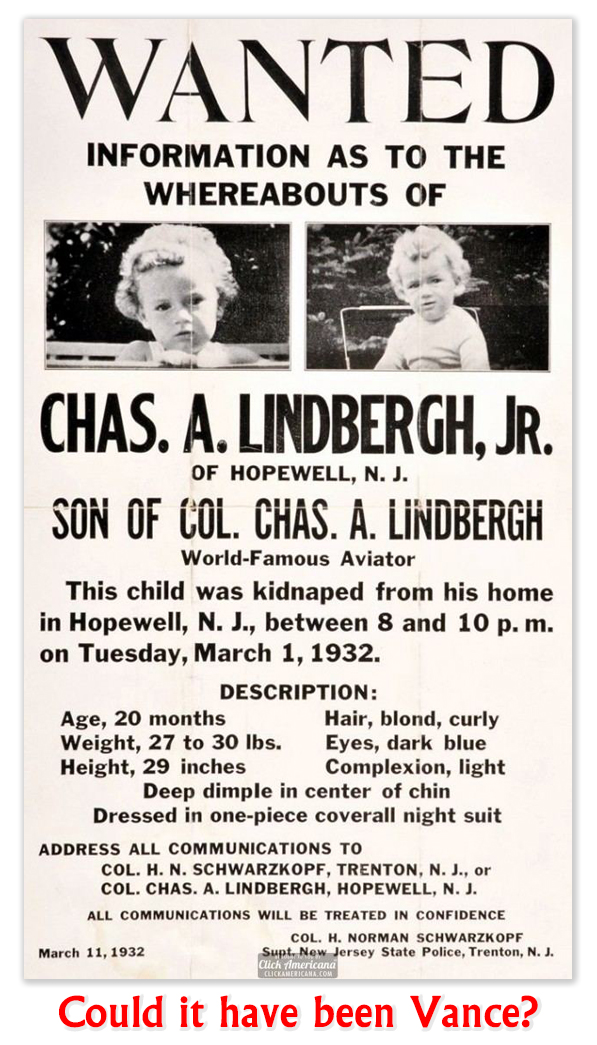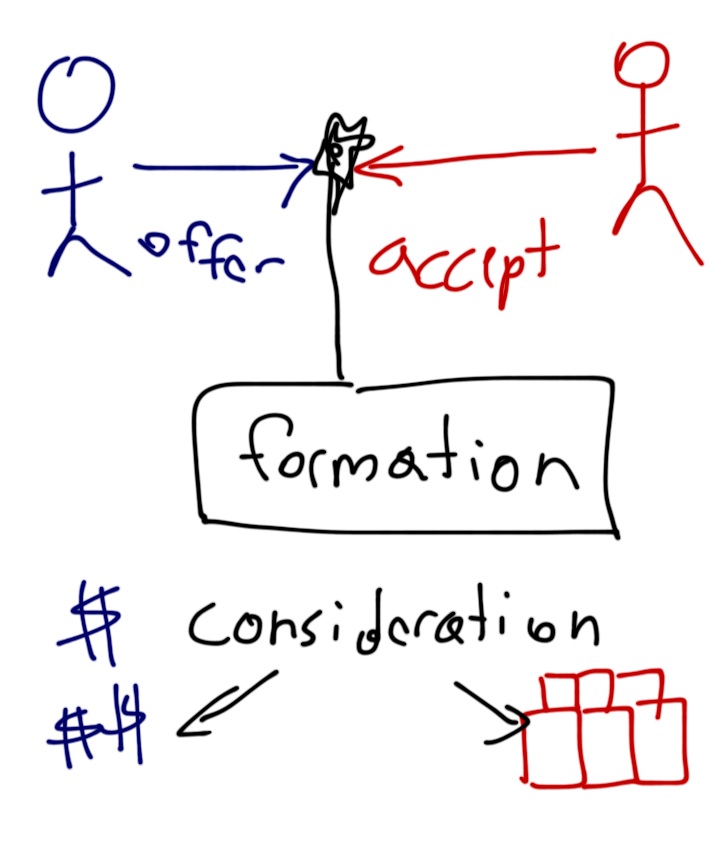We post news and comment on federal criminal justice issues, focused primarily on trial and post-conviction matters, legislative initiatives, and sentencing issues.

8TH CIRCUIT FLESHES OUT STANDARD FOR CHANGE-OF-PLEA INEFFECTIVENESS
One of the most-argued issues in post-conviction motions under 28 USC § 2255 is that defense counsel was ineffective. Unsurprisingly, because 94% or so of all federal criminal cases are resolved with a plea agreement and guilty plea, the most popular claim is “buyer’s remorse,” that is, that the defendant would have never pled guilty if his or her lawyer had only properly advised the accused prior to entering into the plea agreement.
 I have some sympathy for the claim, but not for the obvious reason. Defense attorneys usually are right that the defendant should take a plea, and almost always, they have gotten their client the best deal possible from a chary United States Attorney. The real problems are two-fold: first, the U.S. Attorney has a script used on plea deals, and the script allows for very little negotiating room by the defendant (who, anyway, is totally outgunned by the government’s thundering herd of lawyers, legal assistants, case agents and factotums). Second, the defendant is almost always unschooled in the finer points of federal criminal law and procedure, and is under extraordinary stress as he or she bargains away in freedom, reputation and property to a rapacious and unblinking adversary. That makes misunderstanding and confusion almost inevitable.
I have some sympathy for the claim, but not for the obvious reason. Defense attorneys usually are right that the defendant should take a plea, and almost always, they have gotten their client the best deal possible from a chary United States Attorney. The real problems are two-fold: first, the U.S. Attorney has a script used on plea deals, and the script allows for very little negotiating room by the defendant (who, anyway, is totally outgunned by the government’s thundering herd of lawyers, legal assistants, case agents and factotums). Second, the defendant is almost always unschooled in the finer points of federal criminal law and procedure, and is under extraordinary stress as he or she bargains away in freedom, reputation and property to a rapacious and unblinking adversary. That makes misunderstanding and confusion almost inevitable.
By the time the defendant is in front of the judge for a Rule 11 guilty-plea hearing, he or she is committed to the plea deal, and is almost incapable of answering the many questions asked by the judge in any manner other than what the question anticipates and the judge expects.
It’s no wonder that a 2255 movant’s recall of the advice that counsel provided and the answers given at the Rule 11 hearing ends up being warped: it probably seems to the defendant that a different person altogether signed the plea agreement and stood up at the plea hearing.
 But arguing that counsel poorly advised a defendant to take a plea and how to respond to the judge at a plea hearing has always been tough. Everyone knows that a defendant listens to his or her lawyer, especially when counsel is the closest thing to a friend a defendant can find in the courtroom. Besides, no one really listens to the judge at the change-of-plea hearing. Yet the defendant’s rote answers to the judge at the guilty plea hearing are invariably used by the court to bludgeon any defendant who later argues about attorney misadvice in a 2255 motion.
But arguing that counsel poorly advised a defendant to take a plea and how to respond to the judge at a plea hearing has always been tough. Everyone knows that a defendant listens to his or her lawyer, especially when counsel is the closest thing to a friend a defendant can find in the courtroom. Besides, no one really listens to the judge at the change-of-plea hearing. Yet the defendant’s rote answers to the judge at the guilty plea hearing are invariably used by the court to bludgeon any defendant who later argues about attorney misadvice in a 2255 motion.
On top of that, a defendant has to show that if counsel had advised him or her properly, he or she would have gone to trial. For years, the courts required that the defendant show that going to trial would have been reasonable, regardless of what a defendant may have really intended.
Things improved slightly several years ago with the Supreme decision in Lee v. United States. There, a Korean restaurant owner argued that if his lawyer had told him that deportation was certain, he would have gone to trial even though he was bound to lose. The lower courts denied his 2255 on the grounds that no reasonable person would have changed his mind on the plea, because Lee had no chance of winning. The Supreme Court, however, held that courts could “look to contemporaneous evidence to substantiate a defendant’s expressed preferences,” even where those preferences were objectively unreasonable.
Dilang Dat pled guilty to robbery, but only after rejecting plea agreements that said he would be deported. The agreement he finally signed said “there are or may be collateral consequences to any conviction to include but not limited to immigration.” He agreed to plead based on counsel’s assurance his immigration status would be unaffected. Alas, counsel was terribly wrong, something Dilang learned after his conviction, when his mother’s attempt to renew his green card was denied.
The district court denied Dilang’s 2255 without a hearing, finding that he was warned in his plea agreement there could be immigration consequences. That printed warning was enough, the judge said, to undo his lawyer’s bad advice.
 Last week, the 8th Circuit reversed. It observed that Dilang’s background supported his assertion that he was focused on remaining in the country. At the change-of-plea hearing, counsel noted Dilang’s request for prison placement close to his family, and observed that he had no ties to another country. Although Dilang faced around five more years in prison from a conviction on all counts at trial (if two counts had not been dismissed as part of the plea agreement), “deportation is a particularly severe penalty,” the Circuit opined, “which may be of greater concern to a convicted alien than any potential jail sentence.”
Last week, the 8th Circuit reversed. It observed that Dilang’s background supported his assertion that he was focused on remaining in the country. At the change-of-plea hearing, counsel noted Dilang’s request for prison placement close to his family, and observed that he had no ties to another country. Although Dilang faced around five more years in prison from a conviction on all counts at trial (if two counts had not been dismissed as part of the plea agreement), “deportation is a particularly severe penalty,” the Circuit opined, “which may be of greater concern to a convicted alien than any potential jail sentence.”
Nor did the language in the plea agreement undermine Dilang’s claim. The language said only that he could face deportation, not that he would do so. “A general and equivocal admonishment that defendant’s plea could lead to deportation,” the 8th said, “was insufficient to correct counsel’s affirmative misadvice that [defendant’s] crime was not categorically a deportable offense.”
The Court of Appeals sent the 2255 motion back to the district court for an evidentiary hearing.
Dat v. United States, 2019 U.S. App. LEXIS 10732 (8th Cir. Apr. 11, 2019)
– Thomas L. Root







